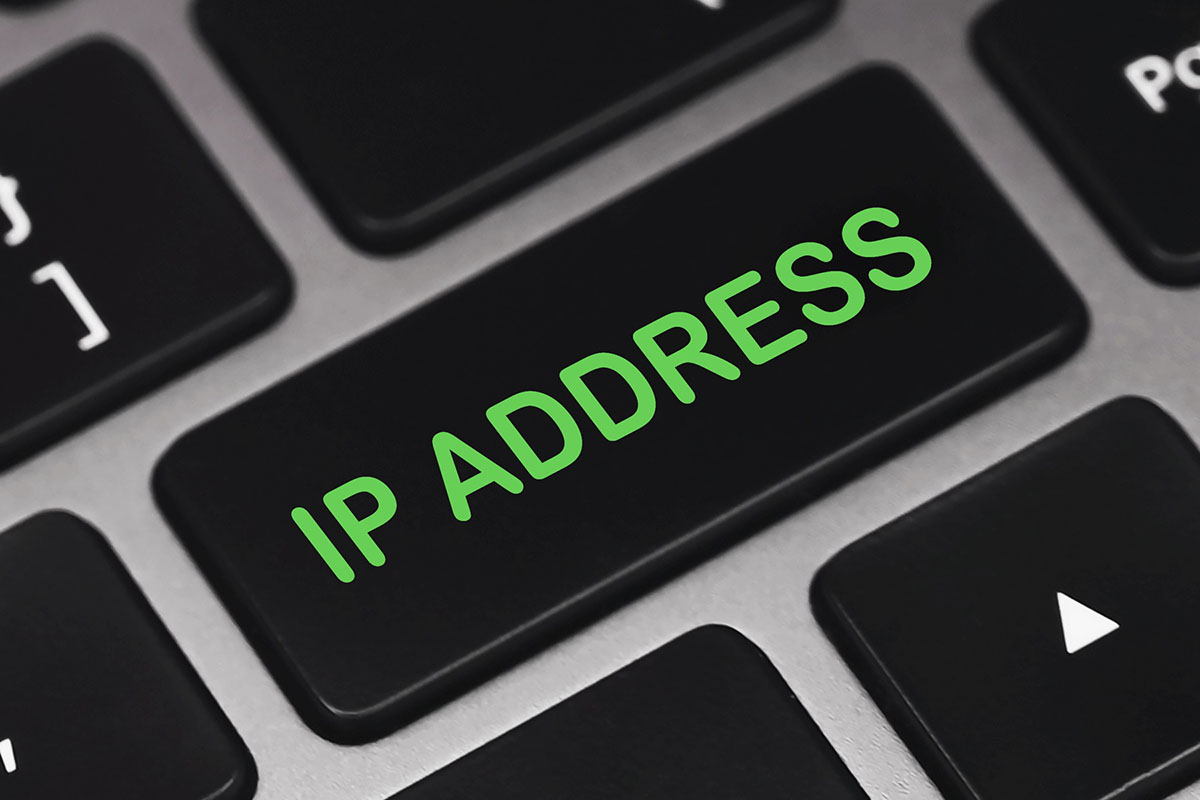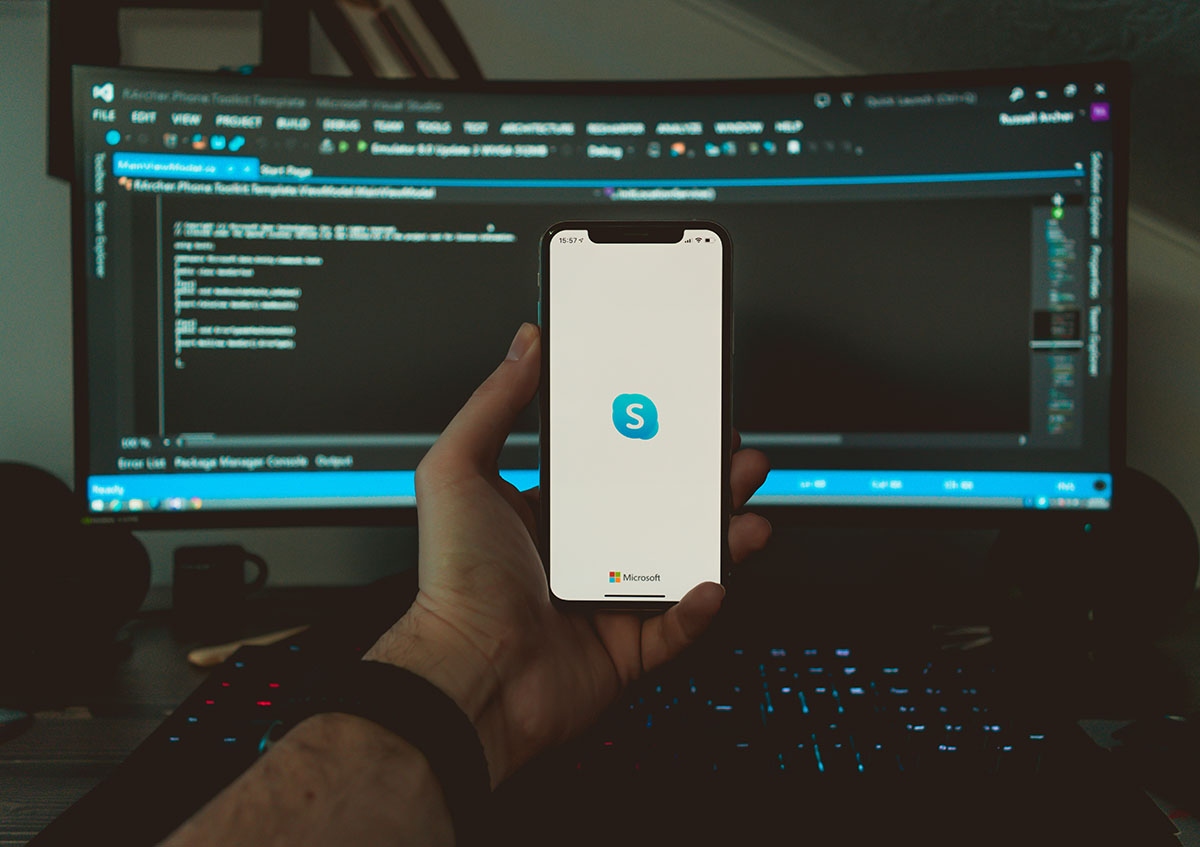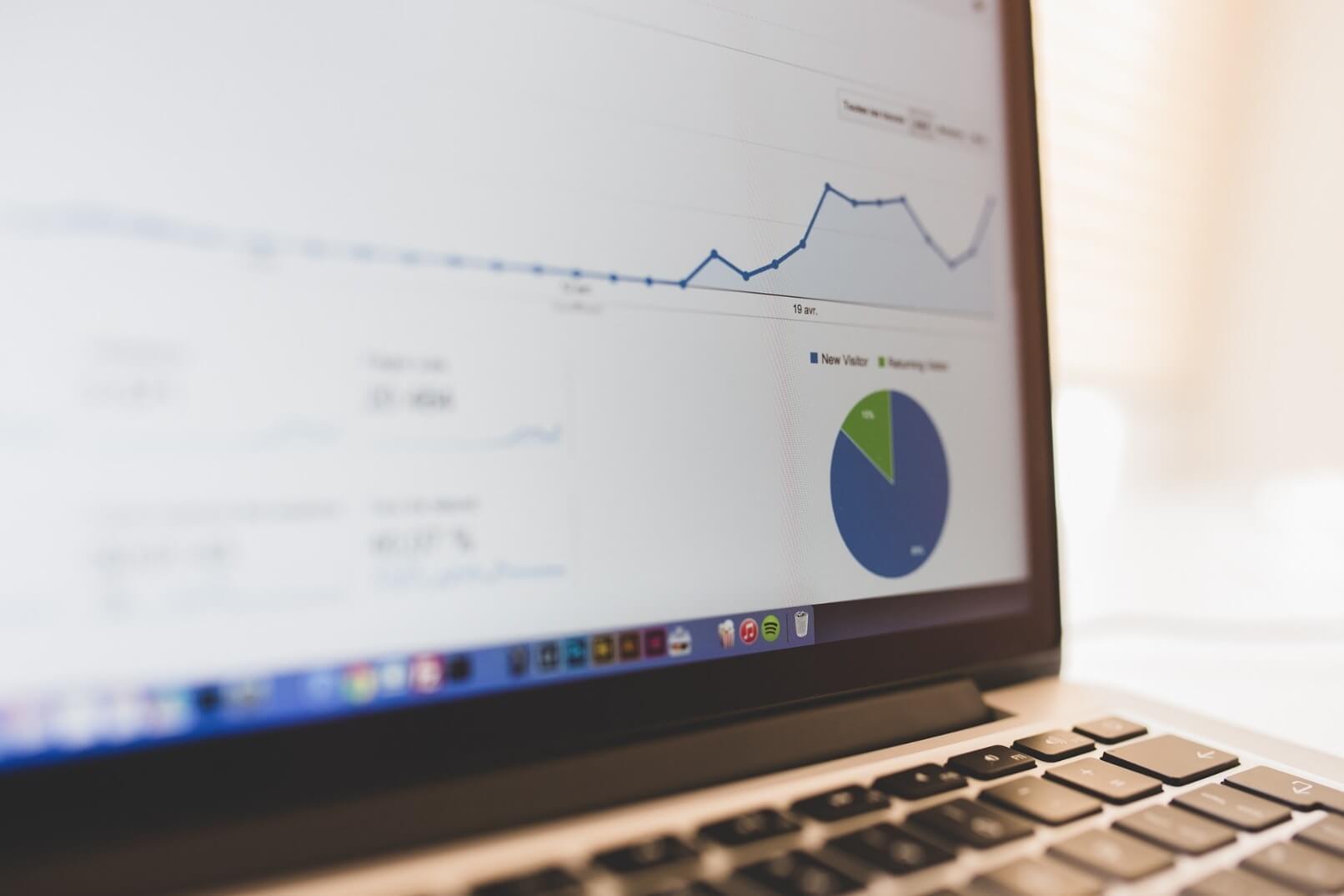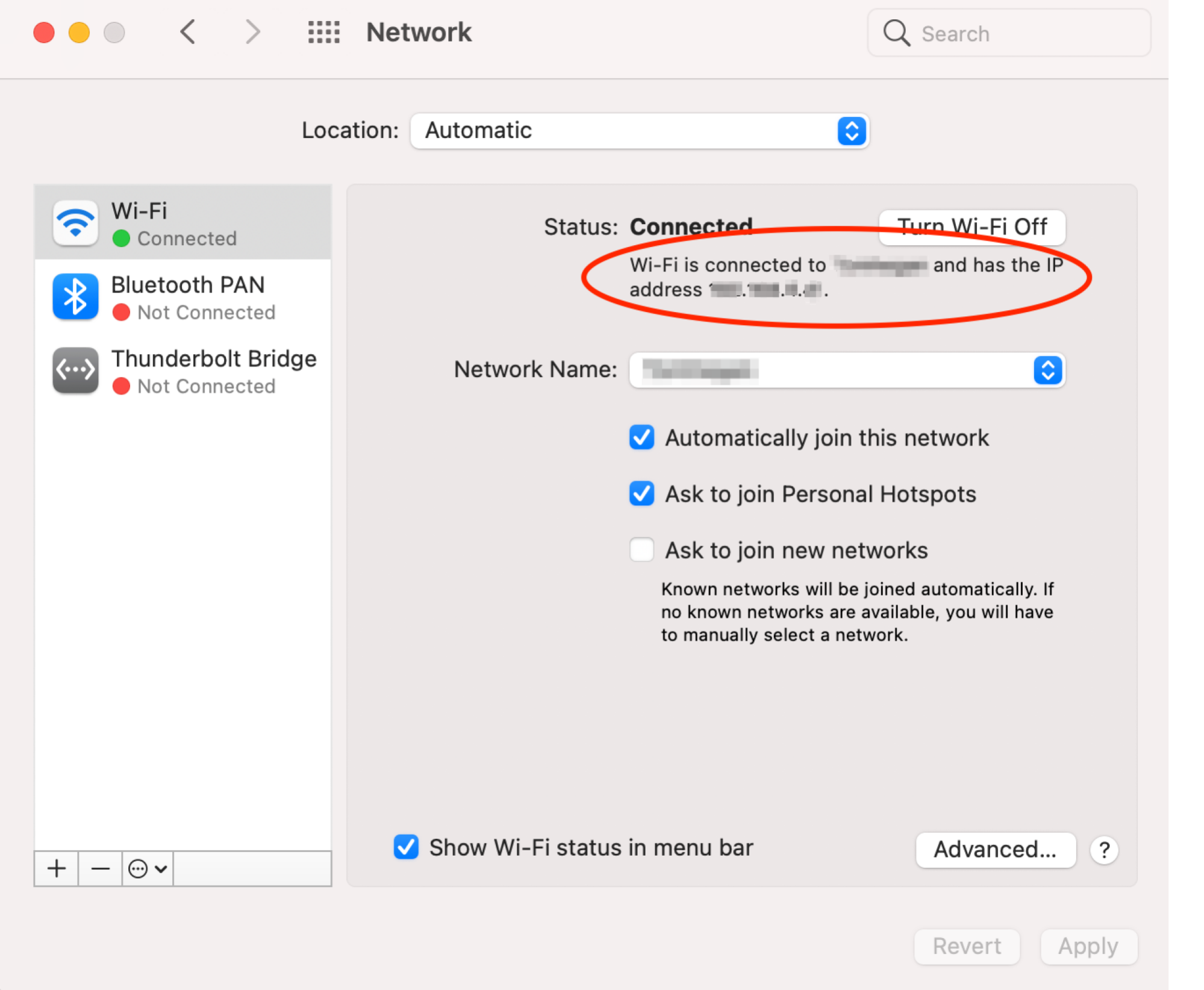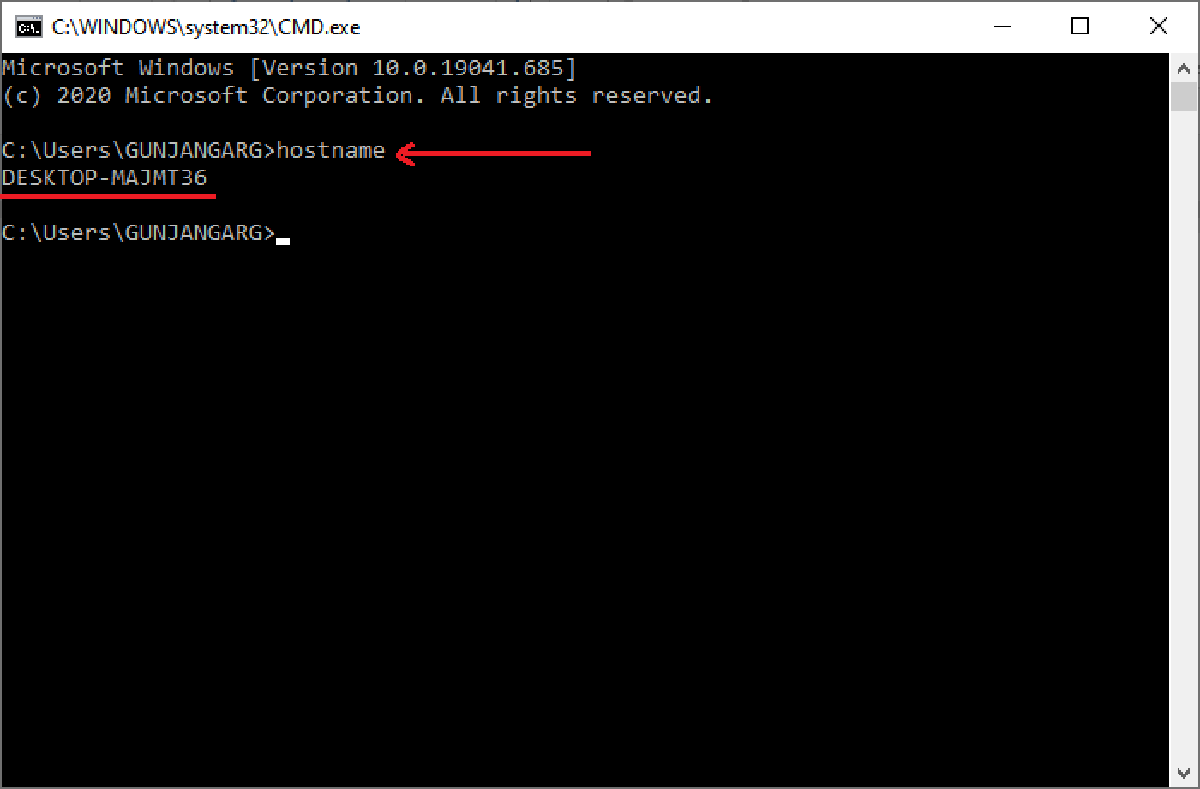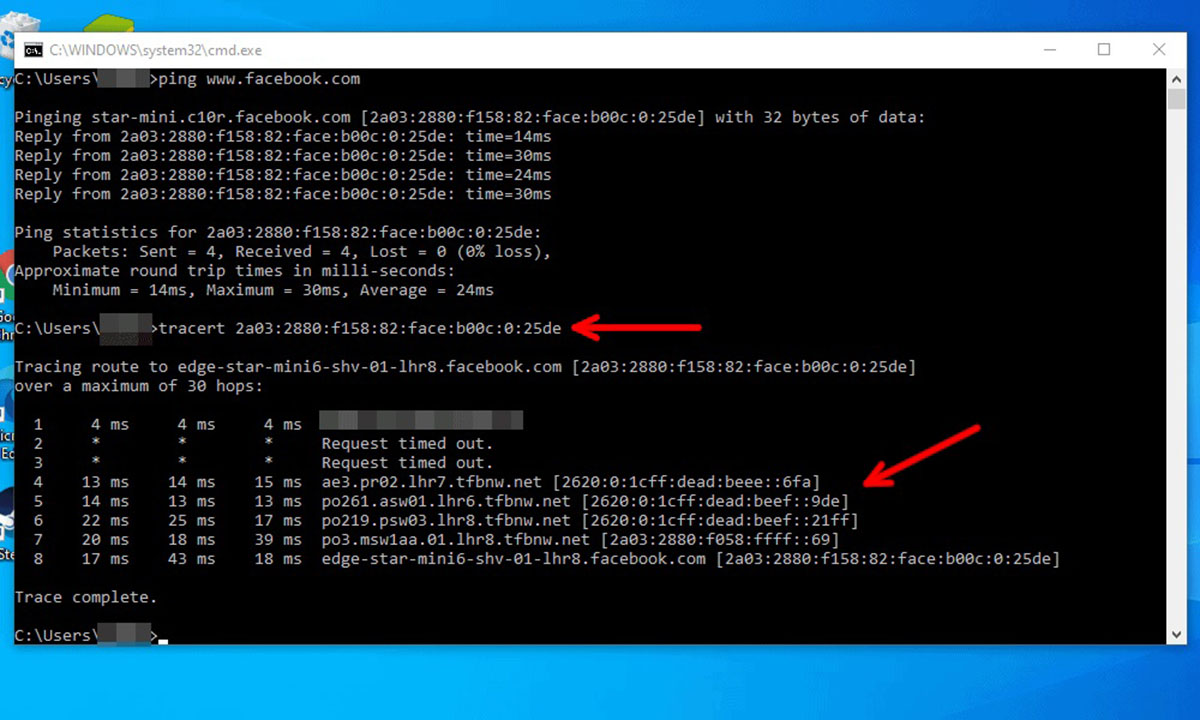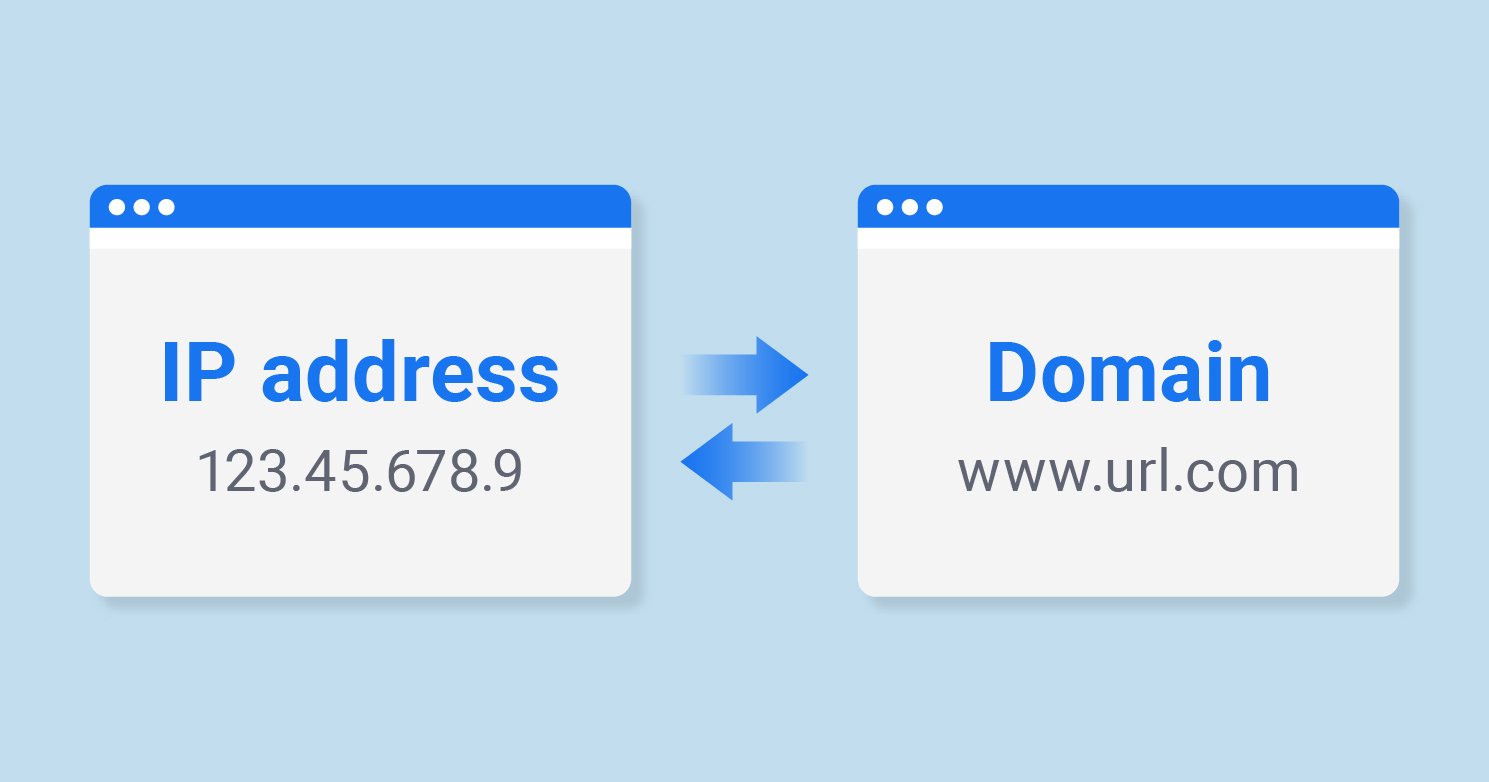Introduction
Welcome to the world of IP addresses! In today’s digital age, IP addresses play a crucial role in connecting devices and enabling communication over the internet. If you’ve ever wondered how information reaches your computer or smartphone, understanding IP addresses is essential.
An IP address, which stands for Internet Protocol address, acts as a unique identifier assigned to every device connected to a network. It serves as a virtual address, allowing data packets to be sent and received between devices.
Have you ever thought about how IP addresses work? How they allow you to browse the web, send emails, or engage in online activities? In this article, we will delve deeper into the world of IP addresses, the different types that exist, and most importantly, whether it is possible to obtain someone’s IP address.
Before we investigate the possibility of acquiring someone’s IP address, it’s essential to understand the legitimate reasons for doing so. There are various situations, both personal and professional, where the need to obtain an IP address arises. These reasons can range from troubleshooting network issues to investigating online crimes.
However, it’s crucial to approach the topic with caution, as privacy concerns and legal implications come into play. While there are valid reasons to obtain someone’s IP address, it’s equally important to respect privacy rights and adhere to the legal boundaries that govern the internet.
In the following sections, we will explore the different types of IP addresses, the mechanics behind their functioning, and whether or not it’s possible to obtain someone’s IP address. Additionally, we will discuss the legal implications involved and offer tips on how to protect your own privacy in this interconnected digital world.
Understanding IP Addresses
Before we dive into the complexities of IP addresses, let’s start with the basics. An IP address is a numerical label assigned to each device connected to a computer network that uses the Internet Protocol for communication.
Think of an IP address as your device’s virtual identity, allowing it to send and receive information across the internet. It helps routers know where to send data packets, ensuring they reach the intended destination.
An IP address consists of a series of four numbers separated by periods. For example, 192.168.0.1. Each number can range from 0 to 255, creating a vast pool of possible IP addresses. This system, known as IPv4, has been the backbone of the internet for decades.
However, with the growing number of internet-connected devices, the available pool of IPv4 addresses is running out. To address this, a newer version called IPv6 was introduced, which uses a different addressing system: a combination of numbers and letters, such as 2001:0db8:85a3:0000:0000:8a2e:0370:7334.
IPv4 and IPv6 addresses serve different purposes and operate simultaneously on the internet. While most devices are still predominantly using IPv4, the transition to IPv6 is gradually gaining momentum to accommodate the expanding network.
So how does an IP address work? In a nutshell, when you send a request to access a website or send an email, your device communicates with a series of servers to complete the task. These servers use IP addresses to identify your device and route the information accordingly.
One crucial distinction to understand is the difference between public and private IP addresses. A public IP address represents the unique identity of your device on the internet. It’s assigned by your Internet Service Provider (ISP) and can be visible to other devices or servers connected to the internet.
On the other hand, private IP addresses are used within local networks, such as your home or office. They are not directly visible on the internet and act as intermediaries between devices within the same network.
Now that we have a clearer understanding of IP addresses and how they function, let’s explore the different types of IP addresses in more detail in the next section.
How IP Addresses Work
Now that we know what IP addresses are, let’s delve deeper into how they work. Understanding the inner workings of IP addresses can give us insight into the routing and transmission of data packets across the internet.
When you send a request or receive information online, your device’s IP address plays a crucial role in the process. Here’s a simplified breakdown of how IP addresses facilitate this communication:
- Packet Creation: When you initiate a request, such as opening a website, your device creates data packets that contain the necessary information, including the source and destination IP addresses.
- Routing: The data packets traverse multiple routers, which act as intermediaries between your device and the destination server. Each router uses the destination IP address to determine the next hop on the network.
- Delivery: The data packets are delivered to the destination server based on the routing decisions made by the routers along the way.
- Response: The server processes your request and sends a response back to your device, which follows a similar routing process in reverse, using the source and destination IP addresses.
This intricate process ensures that information reaches its intended destination, regardless of the geographical location of the sender and receiver.
IP addresses are not static; they can change over time. There are two main types of IP addresses: dynamic and static.
Dynamic IP Addresses: Dynamic IP addresses are assigned to devices by the ISP using Dynamic Host Configuration Protocol (DHCP). These addresses are temporary and can change each time a device connects to the network. Dynamic IP addresses are more commonly used for residential internet connections.
Static IP Addresses: Static IP addresses, on the other hand, remain unchanged and are manually assigned to devices. These addresses are typically used for servers, websites, or devices that require a consistent and easily identifiable IP address.
It’s worth noting that IP addresses alone do not reveal personal information about the user. They provide a way to identify devices and facilitate communication over the internet but do not disclose personal details such as name, address, or contact information.
Now that we have a solid understanding of how IP addresses function and facilitate data transmission, let’s explore the different types of IP addresses in the next section.
Types of IP Addresses
When it comes to IP addresses, there are different types that serve specific purposes within computer networks. These types include public IP addresses, private IP addresses, and reserved IP addresses.
1. Public IP Addresses: A public IP address is a unique identifier assigned to a device connected to the internet. It allows devices to communicate with other devices or servers over the internet. Public IP addresses are assigned by ISPs and can be either static or dynamic. Websites, servers, and other internet-facing devices typically have public IP addresses.
2. Private IP Addresses: Private IP addresses are used within local networks, such as your home or office. They are not directly exposed to the internet and serve as intermediaries for devices within the same network to communicate with each other. Private IP addresses are assigned by network administrators based on specific network ranges reserved for this purpose.
There are three ranges of private IP addresses defined in the Internet Assigned Numbers Authority (IANA) guidelines:
- 10.0.0.0 to 10.255.255.255 – Used for larger networks.
- 172.16.0.0 to 172.31.255.255 – Frequently used for medium-sized networks.
- 192.168.0.0 to 192.168.255.255 – Commonly used for home and small office networks.
Private IP addresses allow multiple devices in a local network to share a single public IP address when accessing the internet.
3. Reserved IP Addresses: The IANA has reserved certain ranges of IP addresses for specific purposes, such as documentation, multicast, loopback, and more. These reserved IP addresses are not allocated for use by devices connected to the internet and serve specific network functions.
Understanding the different types of IP addresses is important in managing network configurations, securing networks, and ensuring efficient communication within and outside the local network.
Now that we have explored the different types of IP addresses, let’s address the burning question: Is it possible to obtain someone’s IP address? We’ll find out in the next section.
Can You Get Someone’s IP Address?
If you’ve ever wondered whether it is possible to obtain someone’s IP address, the answer is yes, to some extent. However, there are important factors to consider, including legal and ethical implications.
First and foremost, it is important to note that obtaining someone’s IP address without their consent or for malicious purposes is illegal and unethical. Engaging in activities such as hacking, stalking, or engaging in cybercrime to obtain someone’s IP address is a violation of the law and can have severe consequences.
However, there are legitimate reasons and methods through which someone’s IP address can be obtained:
- Website Logs: If you operate a website or have access to the server logs, you may be able to see the IP addresses of visitors who accessed your website. This information is typically logged for security, analytics, or troubleshooting purposes.
- Law Enforcement: Law enforcement agencies may have the legal authority to request and obtain IP address information as part of their investigations and efforts to combat cybercrime. This is done through proper legal channels and generally requires a court order.
- Service Providers: In certain cases, service providers, such as internet service providers (ISPs) or email service providers, may be able to provide information about the IP addresses associated with specific accounts or activities. This is typically done to address security concerns or investigate potential abuse.
It is important to note that individuals generally cannot obtain someone’s IP address directly through regular online activities. IP addresses are not readily accessible to the general public, and most websites or online platforms do not disclose this information to users.
Furthermore, attempts to obtain someone’s IP address without their consent may not result in accurate or reliable information. Techniques such as IP grabbing or IP spoofing are not only unethical but also ineffective and may lead to misleading or false information.
Respecting privacy rights and adhering to legal boundaries is crucial in the online world. Protecting one’s privacy online is a shared responsibility, and individuals should be aware of the potential risks and take necessary measures to safeguard their personal information.
In the next section, we will explore the legitimate reasons for obtaining IP addresses and the legal implications surrounding this practice.
Legitimate Reasons to Obtain IP Addresses
While obtaining someone’s IP address without their consent or for malicious purposes is illegal and unethical, there are legitimate reasons and circumstances where obtaining IP addresses becomes necessary. Here are some common examples:
- Network Troubleshooting: In the realm of IT and network management, obtaining IP addresses is critical for troubleshooting network issues. By identifying the IP addresses of devices experiencing problems or causing network disruptions, network administrators can pinpoint the sources of the issues and take appropriate actions to resolve them.
- Preventing Fraud and Unauthorized Access: For businesses and online platforms, monitoring IP addresses can help detect and prevent fraudulent activities and unauthorized access attempts. By analyzing IP addresses associated with suspicious activities, such as multiple failed login attempts or account breaches, security measures can be implemented to protect user data and maintain the integrity of the network.
- Legal Investigations: Law enforcement agencies may require IP address information as part of their investigations into various types of cybercrimes, including hacking, online harassment, or identity theft. IP addresses can provide critical leads or evidence in identifying and prosecuting individuals involved in such unlawful activities.
- Protecting Intellectual Property: In certain industries, particularly those centered around intellectual property, obtaining IP addresses can be necessary to protect copyrighted material or trademarks. This can involve monitoring and identifying IP addresses associated with unauthorized sharing or distribution of proprietary content.
- Ensuring Compliance: Some industries are subject to regulatory requirements and compliance standards that necessitate monitoring and recording of IP addresses. This includes sectors such as finance, healthcare, and online gaming, where IP addresses can serve as important audit trails for regulatory purposes.
It’s crucial to note that legitimate reasons for obtaining IP addresses must align with applicable laws and regulations. Proper protocols, legal channels, and privacy safeguards should be followed when seeking IP address information.
It is important to strike a balance between the need to obtain IP addresses for legitimate purposes and respecting individuals’ privacy rights. Transparency and informed consent should be prioritized when handling personal data, including IP addresses.
In the next section, we’ll explore the methods through which you can obtain someone’s IP address while staying within the legal framework and respecting privacy rights.
How to Get Someone’s IP Address
Obtaining someone’s IP address should be done responsibly, within legal boundaries, and with a legitimate reason. Here are some methods that can be used to obtain someone’s IP address:
- Website Logs: If you own a website or have access to the server logs, you can check the logs to see the IP addresses of visitors who accessed your site. This method can be useful for tracking and analyzing website traffic.
- Email Headers: Email headers contain information about the source of an email, including the IP address of the sender. By examining the email headers, you can obtain the IP address of the individual who sent the email.
- Online Messaging and Voice Platforms: Some online messaging or voice platforms may provide the option to view the IP address of users you are communicating with. This information is typically used for security or reporting purposes.
- Legal Requests: In certain circumstances, legal authorities or entities may be able to request IP address information from internet service providers, service platforms, or website administrators. This usually requires proper legal authorization and is done to investigate illegal activities or protect individuals’ rights.
It is important to emphasize that attempting to obtain someone’s IP address without their consent or for malicious purposes is illegal and can have severe consequences. Engaging in hacking, stalking, or any form of cybercrime is unlawful and ethically unacceptable.
Respecting privacy rights and following legal procedures plays a crucial role in maintaining trust and security in the online environment.
Additionally, it’s worth noting that IP addresses may not always provide definitive or accurate identification. IP addresses can be masked or hidden through the use of virtual private networks (VPNs), proxy servers, or similar technologies, making it more challenging to determine the true identity of an individual based solely on their IP address.
Keep in mind that privacy laws and regulations may vary depending on the jurisdiction you are in. It is always advisable to consult legal professionals or experts in your respective area to ensure compliance with applicable laws.
Now that we have covered the methods to obtain someone’s IP address, let’s shift our focus to the legal implications surrounding the acquisition and usage of IP addresses.
Legal Implications
Obtaining and using someone’s IP address comes with legal implications that should be carefully considered. It is important to adhere to the laws and regulations in your jurisdiction to avoid legal consequences. Here are some key legal implications to be aware of:
- Privacy Laws: Many countries have laws that protect individuals’ privacy rights, including the collection, storage, and use of personal information, which may include IP addresses. Obtaining someone’s IP address without their consent or for unauthorized purposes can violate these privacy laws.
- Data Protection Regulations: Depending on your location, data protection regulations such as the General Data Protection Regulation (GDPR) in the European Union or the California Consumer Privacy Act (CCPA) in the United States may apply. These regulations impose strict guidelines on the collection and processing of personal data, including IP addresses.
- Unauthorized Access: Attempting to obtain someone’s IP address through unauthorized means, such as hacking or unauthorized access to computer systems, is illegal and can result in criminal charges, including unauthorized access to computer systems or unauthorized use of computer data.
- Legal Authority: In certain situations, such as law enforcement investigations, legal authorities may have the power to request IP address information through proper legal channels. It is important to respect and comply with such requests to avoid legal consequences.
- Civil Liability: Engaging in activities that involve obtaining or using someone’s IP address without their consent can expose you to civil liability. If your actions result in harm or damages to individuals or their personal information, they may have grounds to pursue legal claims against you.
It is crucial to be aware of and comply with applicable laws and regulations when it comes to obtaining and using IP address information. Respecting individuals’ privacy rights and following legal procedures ensures a responsible and ethical approach.
Seeking legal advice or consulting with experts in data protection and privacy laws can help you navigate the legal landscape surrounding the use of IP addresses and avoid potential legal pitfalls.
In the next section, we will discuss the importance of protecting your own privacy and steps you can take to safeguard your IP address and personal information.
Protecting Your Privacy
In an increasingly interconnected world, protecting your privacy is essential. Safeguarding your IP address and personal information can help prevent unauthorized access, protect your online identity, and maintain control over your digital footprint. Here are some steps you can take to protect your privacy:
- Use a Virtual Private Network (VPN): A VPN encrypts your internet connection and masks your IP address, making it more difficult for others to track your online activities. It adds an extra layer of security, especially when accessing public Wi-Fi networks.
- Enable Firewall Protection: Activate the firewall on your devices to monitor incoming and outgoing network traffic. This helps prevent unauthorized access and protects your data from potential security threats.
- Be Mindful of Personal Information Sharing: Be cautious about sharing personal information online, especially on public platforms or with unknown individuals. Only provide information when necessary and ensure that the websites you interact with are secure and trustworthy.
- Use Strong and Unique Passwords: Create strong, complex passwords for your online accounts and avoid using the same password across multiple platforms. Consider using a password manager to securely store and manage your passwords.
- Regularly Update and Patch Your Software: Keep your devices and software up to date with the latest security patches and updates. This helps protect against known vulnerabilities that hackers may exploit.
- Be Wary of Phishing Attacks: Exercise caution when opening emails or clicking on suspicious links, as they may lead to phishing attempts. Beware of providing sensitive information to unverified sources and always verify the legitimacy of email senders and website URLs.
- Review Privacy Settings: Take the time to review and adjust the privacy settings on your devices, apps, and online accounts. Limit the amount of personal information that is publicly accessible, and only allow necessary permissions to apps or services you trust.
By implementing these measures, you can mitigate the risks associated with sharing your IP address and personal information online. Protecting your privacy requires diligence and awareness of potential threats and vulnerabilities.
It is also important to stay informed about evolving privacy laws and regulations in your jurisdiction to ensure compliance and understand your rights regarding the use and protection of personal data.
To conclude, safeguarding your privacy is a vital aspect of the digital age. By adopting best practices and staying vigilant, you can maintain control over your personal information, enhance your online security, and enjoy a more secure and private digital experience.
Conclusion
In conclusion, IP addresses are essential components of the internet infrastructure, serving as unique identifiers for devices connected to computer networks. Understanding how IP addresses work and the different types that exist is crucial in navigating the digital landscape.
While it is possible to obtain someone’s IP address under certain circumstances and for legitimate reasons, it is important to abide by legal and ethical guidelines. Obtaining IP addresses without consent or for malicious purposes is illegal and unethical.
Legitimate reasons to obtain IP addresses include network troubleshooting, preventing fraud, legal investigations, protecting intellectual property, and ensuring compliance with regulatory requirements. However, it is essential to adhere to privacy laws, data protection regulations, and obtain IP addresses through legal means.
Protecting your own privacy is equally important. Using measures such as VPNs, enabling firewall protection, being cautious with personal information sharing, and keeping software up to date can help safeguard your IP address and personal data.
Respecting privacy rights, following legal procedures, and prioritizing cybersecurity are all crucial aspects of a responsible and ethical approach to IP addresses and online privacy.
By staying informed, adopting best practices, and being mindful of the potential risks, you can navigate the digital world confidently, maintaining control over your personal information and protecting your privacy.







